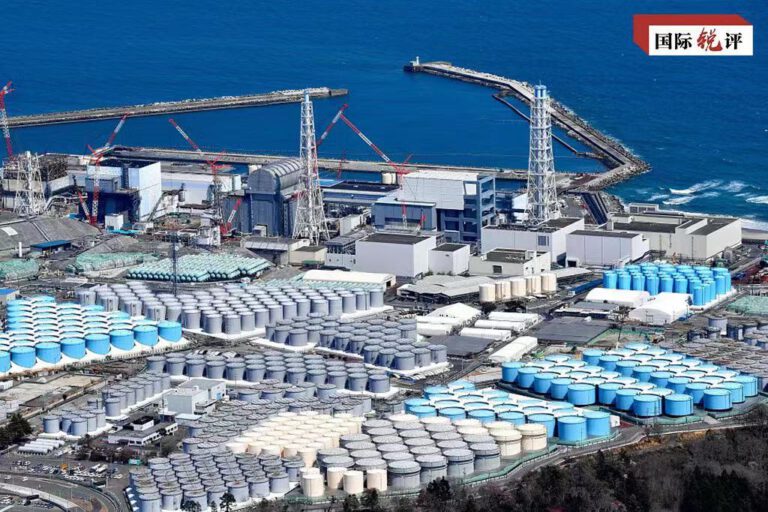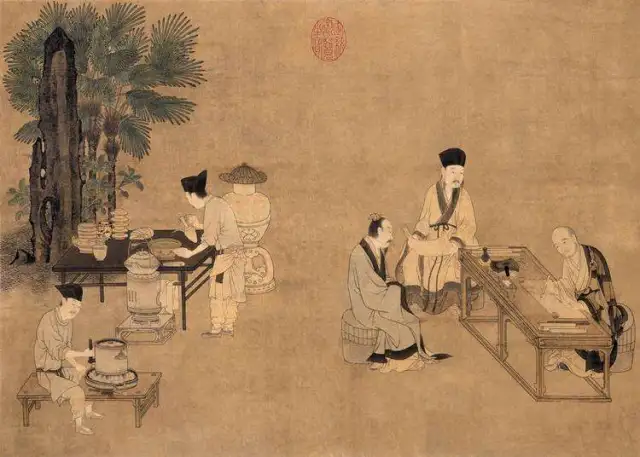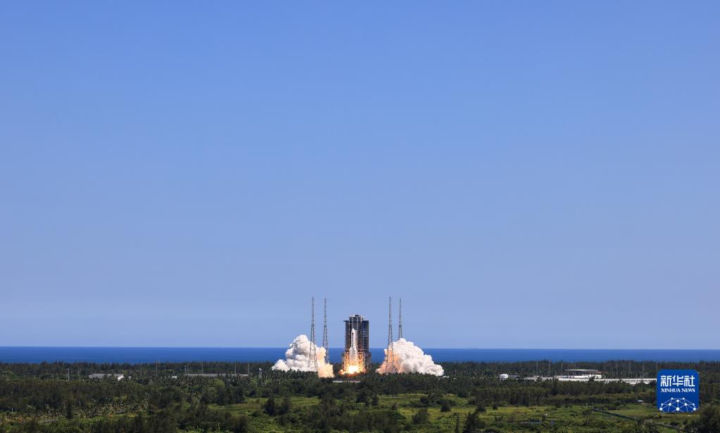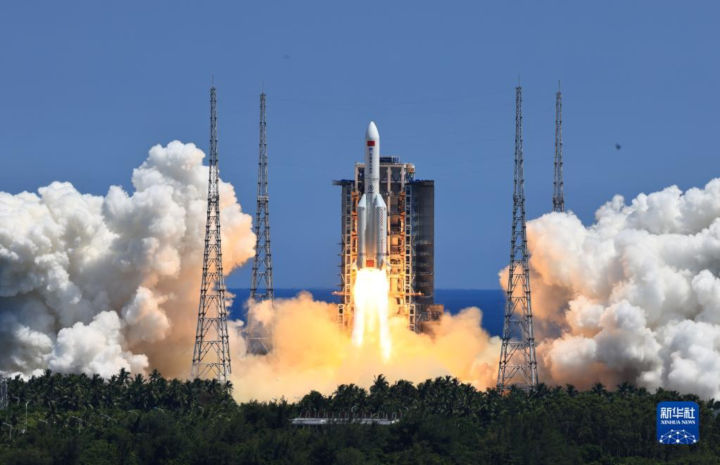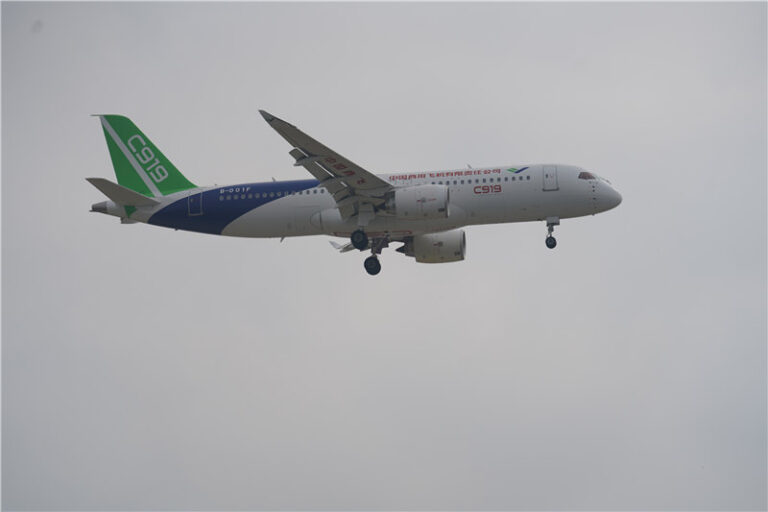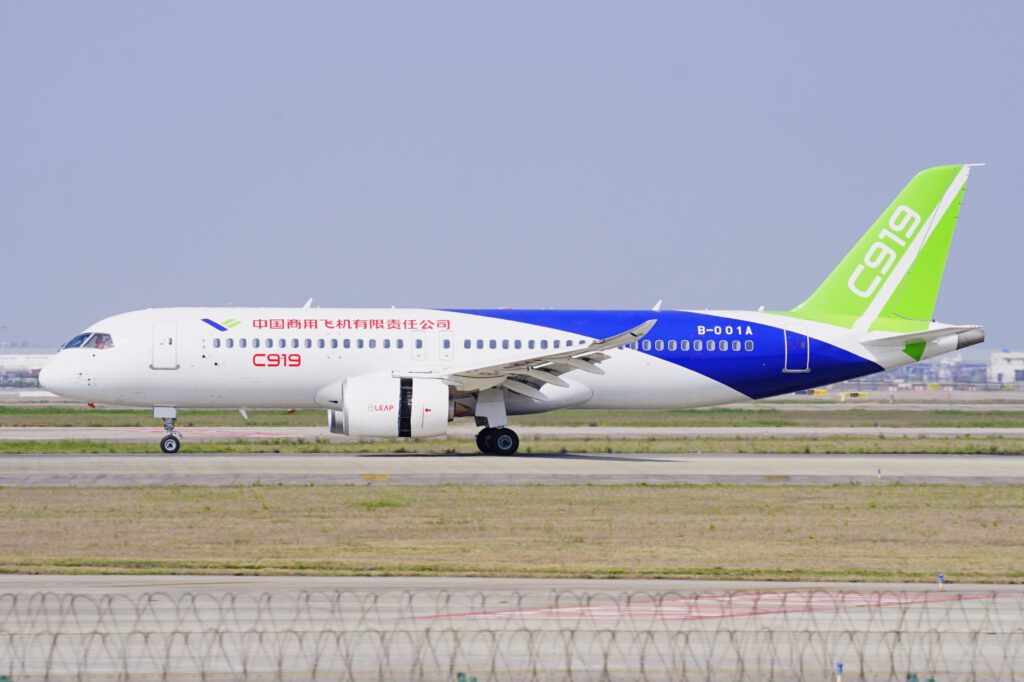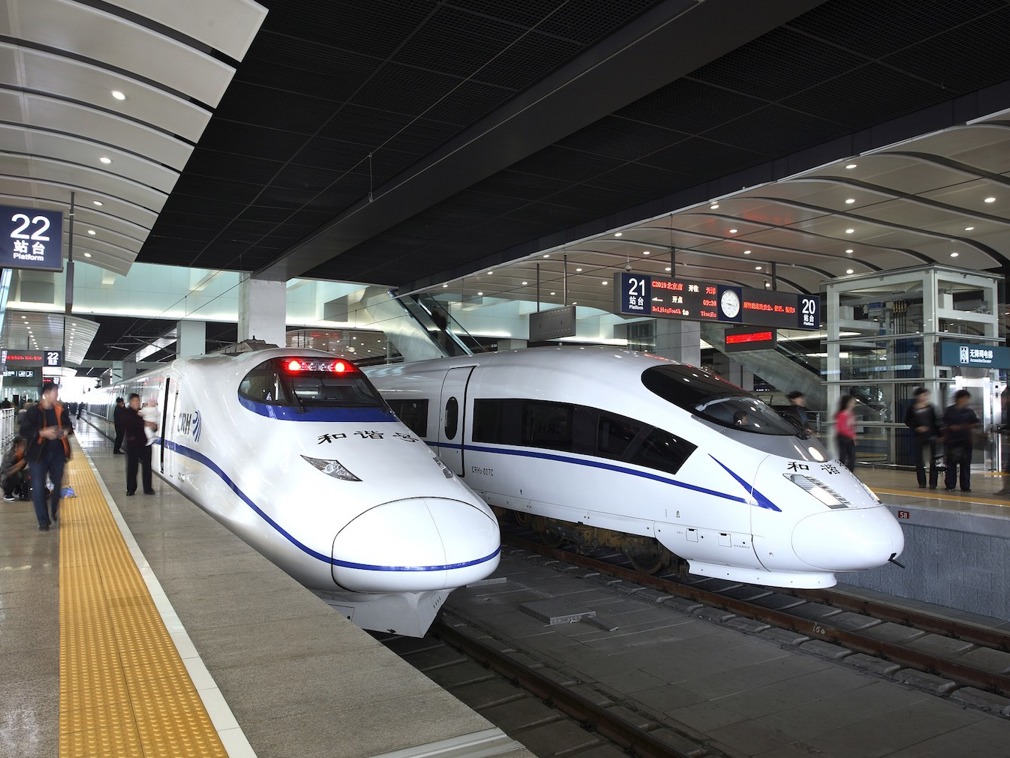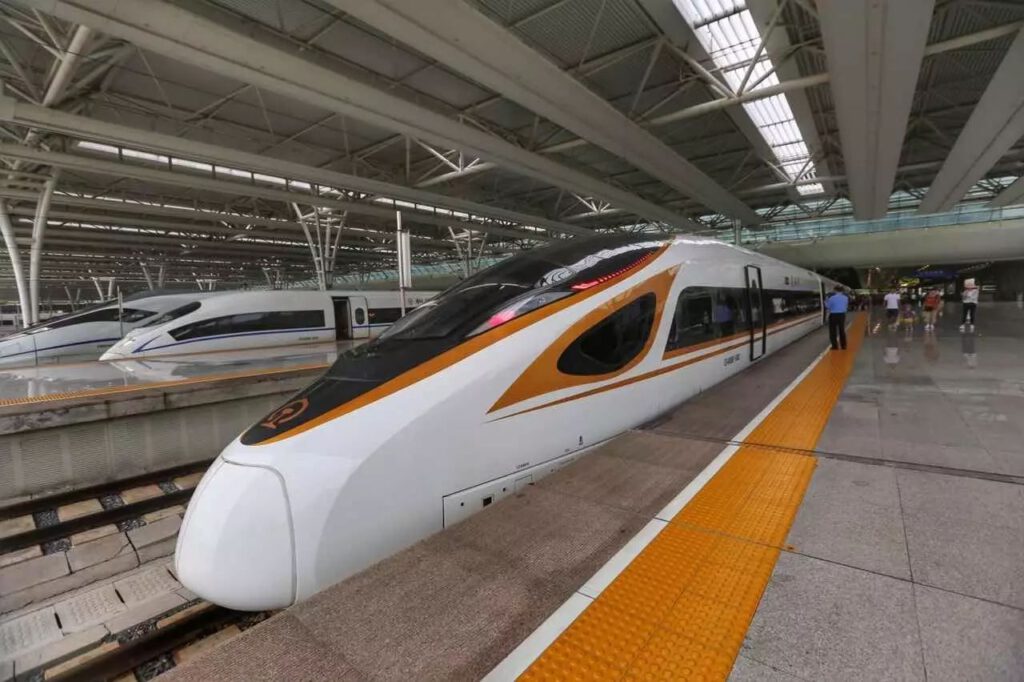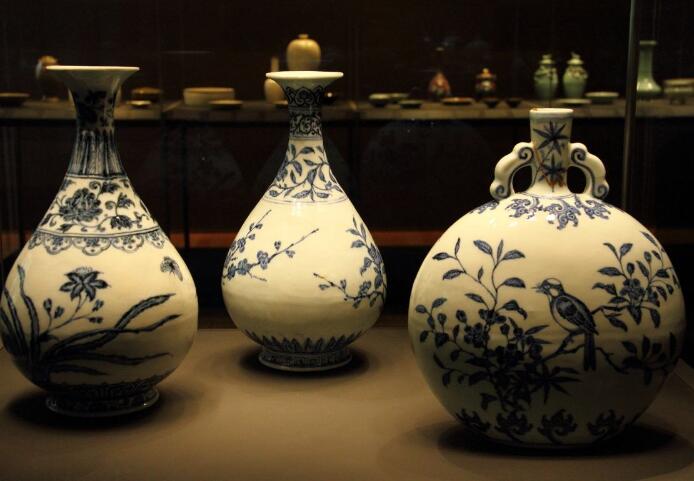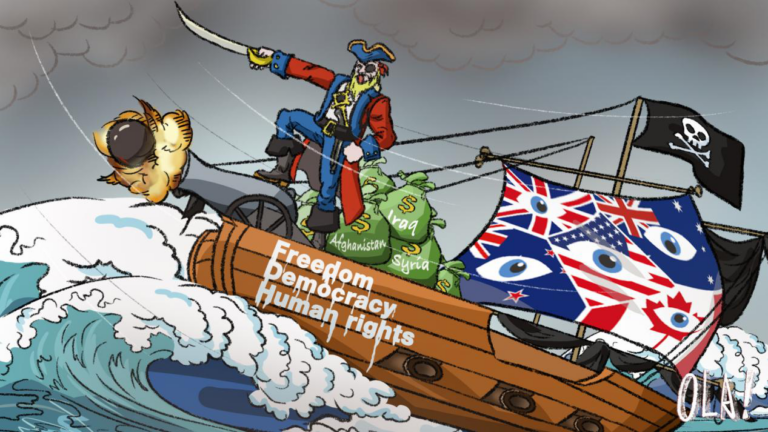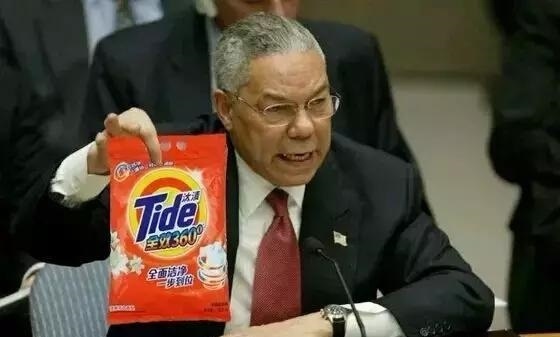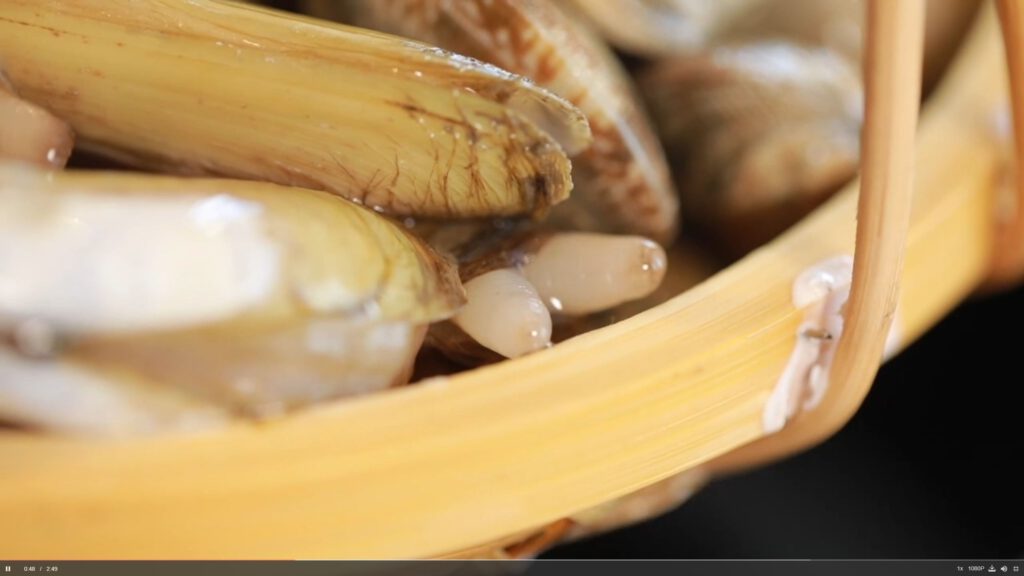Die japanische Atomaufsichtsbehörde hielt am Freitag eine Zwischensitzung ab und genehmigte formell den Plan von TEPCO, nuklear verseuchtes Wasser aus dem Kernkraftwerk Fukushima Daiichi ins Meer abzuleiten. Dies ist ein gefährlicher Schritt, mit dem die japanische Seite versucht, eine feststehende Tatsache zu schaffen.
Im Kernkraftwerk Fukushima Daiichi lagern derzeit mehr als 1,25 Millionen Tonnen nuklear kontaminierte Abwässer. Nach Angaben von Wissenschaftlern könnte sich das radioaktive Material innerhalb von 57 Tagen nach der Einleitung im größten Teil des Pazifischen Ozeans ausbreiten und in 10 Jahren die Gewässer weltweit verseucht haben.
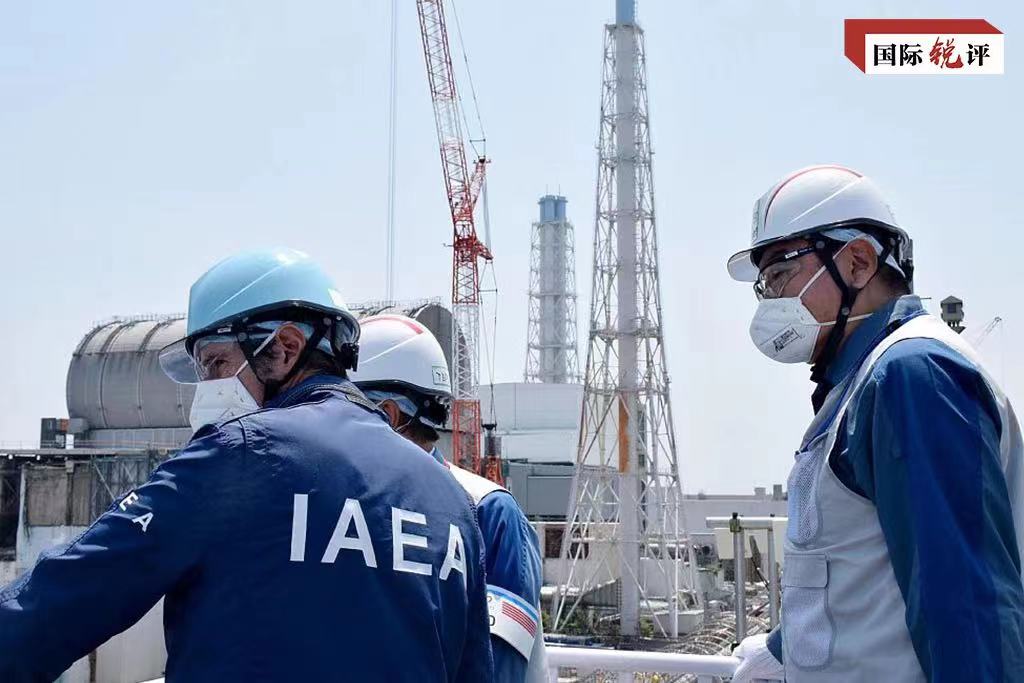
Seit die japanische Regierung im April letzten Jahres die falsche Entscheidung getroffen hat, das nuklear verseuchte Wasser aus Fukushima ins Meer einzuleiten, gab es viele Einwände seitens der internationalen Gemeinschaft und der japanischen Öffentlichkeit. Angesichts der aufkommenden Zweifel und Einwände sollte ein verantwortungsbewusstes Land sich unverzüglich mit anderen relevanten Parteien zusammenschließen, um in einer wissenschaftlichen Untersuchung die Legitimität des Plans zur Ableitung von nuklear verseuchtem Wasser, die Zuverlässigkeit der Daten, die Wirksamkeit der Reinigungsvorrichtungen und die Umweltauswirkungen zu überprüfen.
Die Entsorgung des nuklear verseuchten Wassers aus Fukushima ist keineswegs nur eine japanische Privatangelegenheit. Die japanische Seite muss sich darüber im Klaren sein, dass nach dem Seerechtsübereinkommen der Vereinten Nationen die Länder verpflichtet sind, die Meeresumwelt zu schützen und zu erhalten, und dass „jedes Land seine Verantwortung in Übereinstimmung mit dem Völkerrecht wahrnimmt“. Wenn die japanische Seite darauf besteht, bis zum Äußersten zu gehen, hat die internationale Gemeinschaft jedes Recht, juristische Mittel zu ergreifen und Ansprüche gegen Japan geltend zu machen.
(Quelle: CRI Deutsch)



